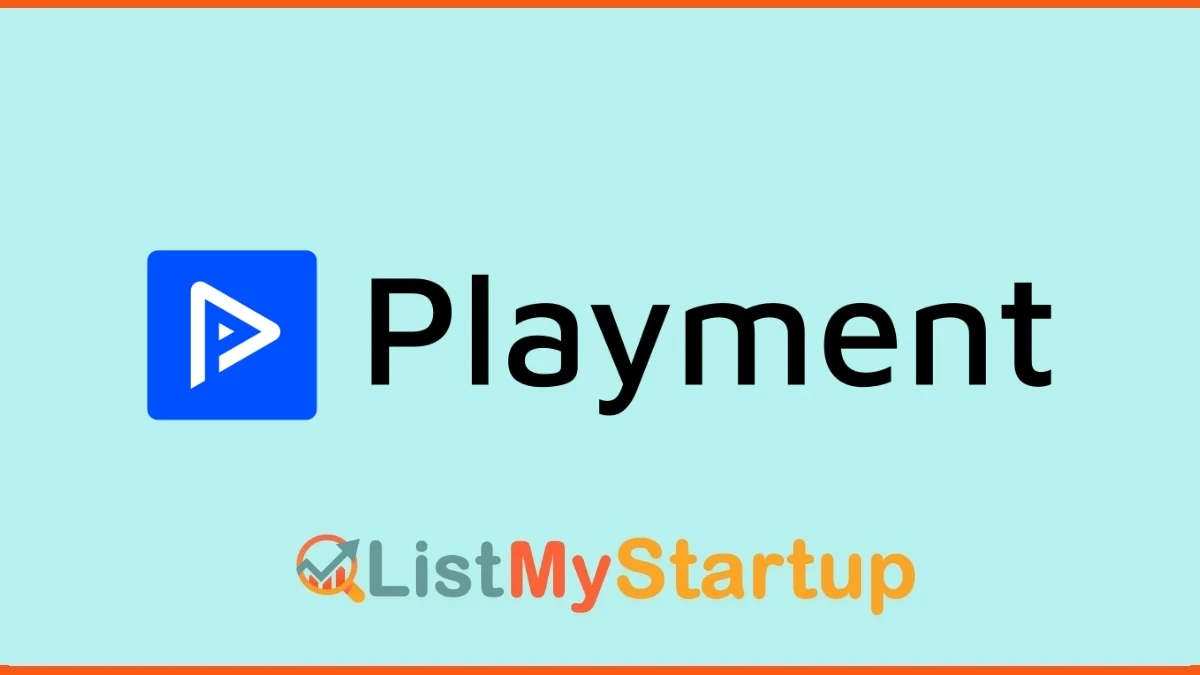

Playment Success Story
Playment is an AI-based mobile crowdsourcing platform offering image annotation, transcription, and content moderation for businesses. It is a fully managed Human Intelligence platform that helps organizations offload large-scale data operations. It works on the microwork principle, where a series of small tasks constitute a large unified project.
People across the internet work on the individual tasks in parallel and when all of the tasks are completed, the whole project is marked as complete. Playment functions as an on-demand workforce for enterprises for simple data operations such as cataloging for e-commerce, training data for AI, and moderation of user-generated content. Did you know that Playment was also part of Y Combinator’s Winter 2017 batch?
Read about Playment Company Profile, Founders, Business Model, Revenue, Competitors, Idea, Growth etc.,
Playment - Company Highlights
- Startup Name-Playment
- Headquarter-Bengaluru
- Founders-Siddharth Mall, Akshay Lal, and Ajinkya Malasane
- Sector-Crowdsourcing for Microtasks
- Founded-2015
Playment - Mission And Vision
Playment wants to deliver a platform where humans and machines can work in unison to solve challenging problems and improve inefficient processes.
Playment - Founders
Siddharth Mall, Akshay Lal, Ajinkya Malasane
Playment was founded in August 2015 by the trio of Siddharth Mall, Akshay Lal, and Ajinkya Malasane. Siddharth and Akshay have studied from IIT Kharagpur while Ajinkya is an IIT Guwahati alumnus. The three founders used to work at Flipkart as senior business analysts and left that organization to focus on their venture, Playment. While working on Playment in the initial days, they roped in Himanshu Sahu—their batch-mate from IIT Kharagpur and ex-Babajob employee—as a co-founder.
Playment - The Idea
At Flipkart, Akshay was part of the catalogue product team, while Ajinkya and Siddharth were involved with Flipkart’s crowdsourced hyperlocal delivery arm. The three at one point realized that there was an undiscovered opportunity in the catalogue-crowdsourcing combination. The trio gravitated towards the idea of crowdsourcing catalogue operations. They felt it could help Flipkart and went ahead to validate the idea. The concept of automating the crowdsourcing concept clicked them during this idea validation stage, and the three decided to give the concept a shot through a new venture i.e. Playment.
Playment - Product And Services
Users, known as “Players” on the Playment platform, can browse through existing tasks and complete them in exchange for points. These points can then be redeemed for vouchers on online e-commerce sites such as Flipkart, Amazon, and Paytm.
Playment allows companies to send over sets of training data that need some kind of not-too-intensive analysis and massaging, and then allocates them to a large on-demand workforce (the players) for resolving these jobs through mobile devices. The generated output or result is sent back to the respective companies who use it improve their algorithms — visual search, quality checks of recommendation engines, etc.
Playment users can also do various testing and other actions on their mobile devices. It could be as simple as making small quality checks while they’re commuting, or drawing bounding boxes for visual recognition. The best aspect is that these kinds of tasks can be done from anywhere.
Companies hand over their data to Playment through a set of APIs, and Playment allocates the corresponding workflow for its workforce. It then passes those workflows to the players who pick up from the list of available, incomplete tasks. Siddharth Mall says that with Playment's approach, the company can expect ROI in as little as a few minutes though it would depend on the complexity of the task. The microtask method permits splitting of complicated tasks into multiple workflows and divvying them out to several individuals.
Playment - Growth
Within eight months since launch, Playment was able to generate over 5 million microtasks for some of the top e-commerce companies in the country and had a capacity equivalent to a 1200+ seater BPO. Over the past year since Playment’s launch, the team claims to have distributed more than Rs 1.5 crore to their players.
Playment claims to have annotated 50 million+ tags on its platform with over 65,000 profiled players on the app. The company now claims to have a capacity equivalent to a 3,000-seater BPO generating about 1 million tags per day.
Playment asserts working with 15 enterprise clients, including Flipkart, Myntra, Ola, Shopclues, Limeroad, Paytm, and Roposo.
Playment - Revenue Model
The company charges on the basis of per unit of data operations. Playment retains a portion of these charges while distributing the remaining to the players involved in the microtasks.
Playment - Funding
Playment has raised $1.6 million as part of its Pre-Series A funding till date. The investment was led by Y Combinator, Sparkland Capital, and Silicon Valley angel investors such as Ryan Petersen (CEO, Flexport), Max Altman, and others.
Playmentraised a seed round funding of $700,000 from SAIF Partners, and they were recently selected in the latest batch of Google Launchpad.
Playment - Competitors
Playment’s most formidable competitor is the Mechanical Turk from Amazon which also accomplishes these kinds of small tasks. Mall says the question of whether he would get support from investors and potential customers boils down to Playment ensuring that the quality of results is high, given the volume of requests received. That’s the goal Playment is gunning for, and Siddharth Mall hopes that this target would make Playment more successful than Mechanical
Playment - Future Plans
Playment wants to become the largest work platform in the world. They are expanding globally and targeting international e-commerce for cataloging, social networks for content moderation, and AI-based companies for training/testing as a service using the existing Indian workforce.






